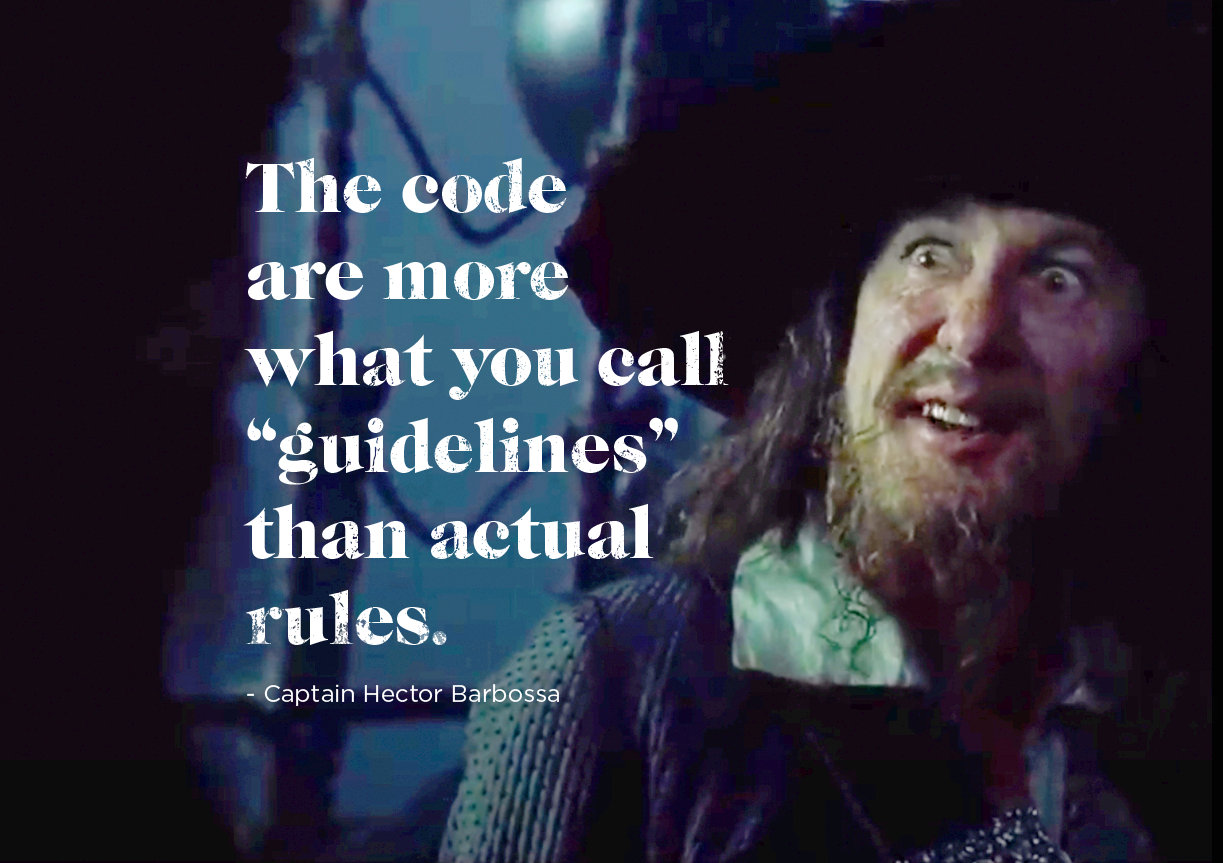I recently attended a professional development conference for educators who have experience teaching at classical schools. Despite the collective experience in the room, the first two sessions, totaling over three hours, were devoted to an attempt to define classical education. I won't dwell on the eye-rolls and mild agitation of the more seasoned classical teachers, but will instead offer an explanation as to why basically everywhere people go in the classical education world people feel the need over and over to try to explain what classical education is. The answer is very simple - no one, including the people giving their definitions, knows.
Thank you for your time, you've been a wonderful audience.
Ok, in all seriousness though, in all my time as a classical educator I have never heard two people give the same explanation or definition of classical education. I've heard it described as, "the way everyone was educated until one hundred years ago," "a distinctive education based on the Greek and Roman tradition," "An education that produces good men who speak well," "an education that shapes the thoughts and pleasures of its students toward the Good, the True, and the Beautiful," "An education that produces joy and wonder and creates students who are a light to those around them," or "an education that leads students toward Truth, Goodness, and Beauty and seeks to pass on the soul of a society from one generation to the next." I actually heard all of those different definitions last week. There were twice as many as which were floated, but honestly, I got bored and stopped writing them down. You feel like you know what it is yet? I know my struggle has always been that these so-called definitions that people frequently float have no shortage of jargon but are somewhat lacking in actual substance.
So, how, then, are schools able to describe themselves as classical, to claim that they're providing a classical education if there's not a clear sense of what a classical education actually is? I've sort of discovered that when most people talk about classical education, they're not really talking about a real pedagogical thing. They're more talking about a sort of pedagogical zeitgeist, a feeling, a movement.
Over the next few weeks, I'd like to explore some of the ideas, methods, and courses that tend to be shared by schools that call themselves classical. It should be noted, however, that because there's not an actual clear-cut definition of classical education, there's not an actual set of rules or pedagogical prescriptives that can be produced and pointed to, that the list I'll be exploring is built on generalizations and tendencies within the so-called classical community. Not every school or co-op will do everything listed, and that's ok.
So, what makes a school 'classical?'
According to my observations, a classical school tends to, in broad strokes:
- Connect itself to a perception of a more moral and more academically rigorous past
- Describe itself as a liberal arts institution
- Require its students to learn Latin
- Use older books and use primary texts as its main teaching tools
- Focus on producing students who can use language well
- Is classical education really the way everyone was educated until a hundred years ago? Here
- What is a liberal art, and where can I buy one? Part One, Part Two
- What is the point of learning a dead language (no, really, what is the point)?
- Should we only read things by dead people?
- And finally, Who is the 'good man speaking well?'





